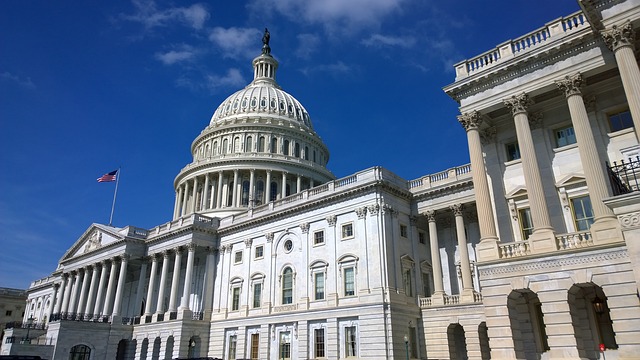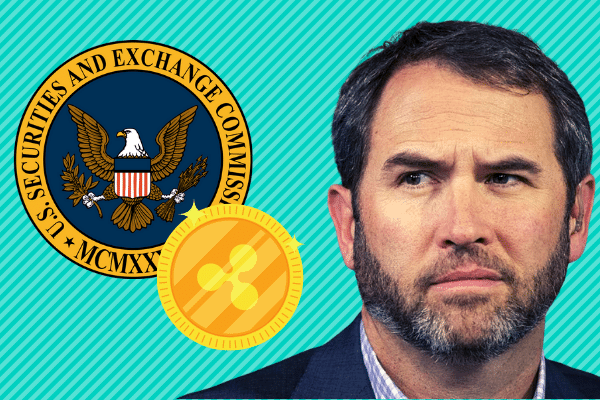Patrick McHenry, chairman of the House Financial Services Committee (FSC), has announced the markup of multiple bills that will enhance the cryptocurrency, blockchain technology, and stablecoin payment industries. The next committee meeting is scheduled for July 26 and will focus on three urgent issues.
One of the most consequential bills up for markup is H.R. 4763, the Financial Innovation and Technology for the Twenty-First Century Act. The purpose of this proposal is to promote the expansion and improvement of the industry by constructing a market structure for digital assets that is unique to their features.
The Blockchain Regulatory Certainty Act (H.R. 1747) would make it illegal for blockchain developers to get licenses if they don’t use or create cryptocurrency in some way. The bill aims to create a more conducive regulatory atmosphere for the development of blockchain technology.
It’s noteworthy that Chairman Patrick McHenry has made openness in stablecoin transactions a top focus. The purpose of this act is to give users and investors with peace of mind by establishing regulatory certainty for the launch of stablecoins designed as a payment method.
The committee’s dedication to quickly addressing the problems and possibilities presented by the digital asset market is shown by the markup that followed the introduction of the Financial Innovation and Technology for the Twenty-First Century Act.
In order to safeguard investors from financial scams, U.S. Representative French Hill, who heads the Subcommittee on Digital Assets, has called for a strict regulatory framework. He said that billions of dollars in potential fraud from FTX consumers might have been avoided if consumer protection legislation and market standards had been in place.
As a separate but related issue, the US Department of Justice (DoJ) has chosen to increase the size of its crypto crime unit. Combining the Computer Crime and Intellectual Property Section (CCIPS) with the National Cryptocurrency Enforcement Team (NCET) creates a more powerful organization.
Almost twice as many lawyers would be able to defend clients in criminal cases involving cryptocurrencies under the new legislation, strengthening government efforts to curb fraud and illegal activity using virtual currencies.
To promote innovation while protecting investors and consumers in the ever-changing digital asset ecosystem, authorities like the House Financial Services Committee and the Department of Justice have adopted a hard stance. By implementing clearer regulations and improving its ability to enforce them, the United States hopes to become a digital asset market leader on a worldwide scale.



